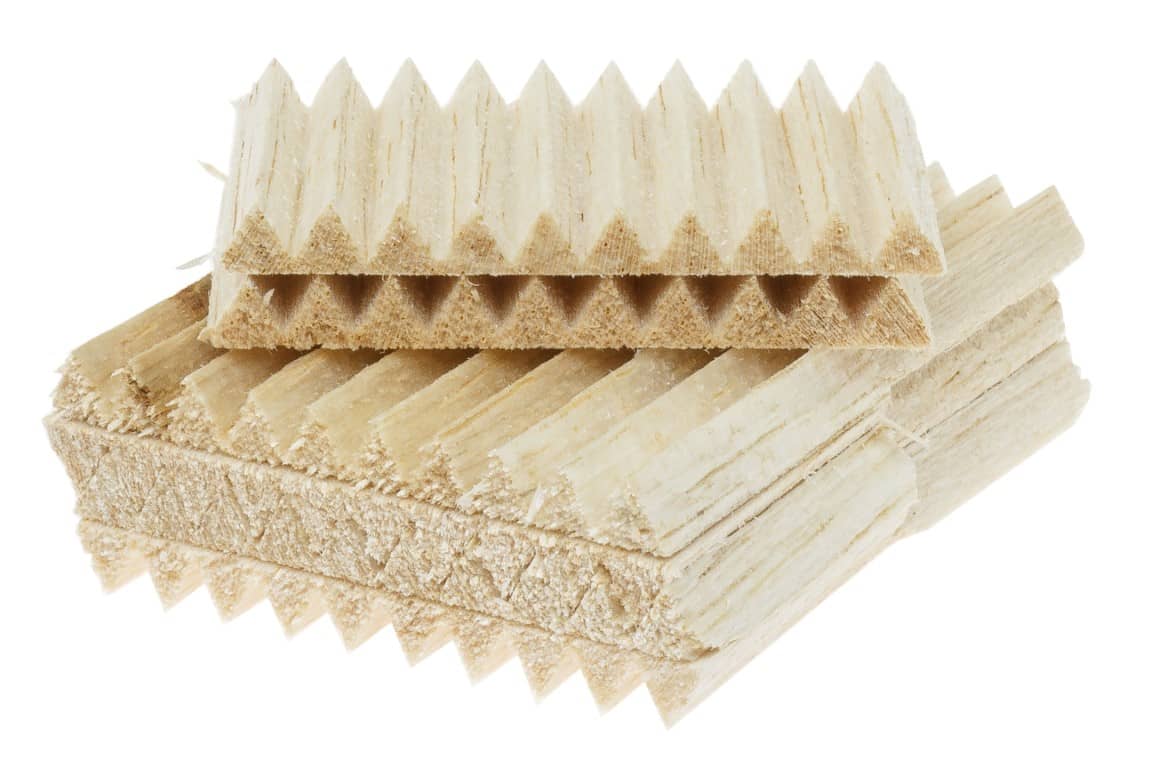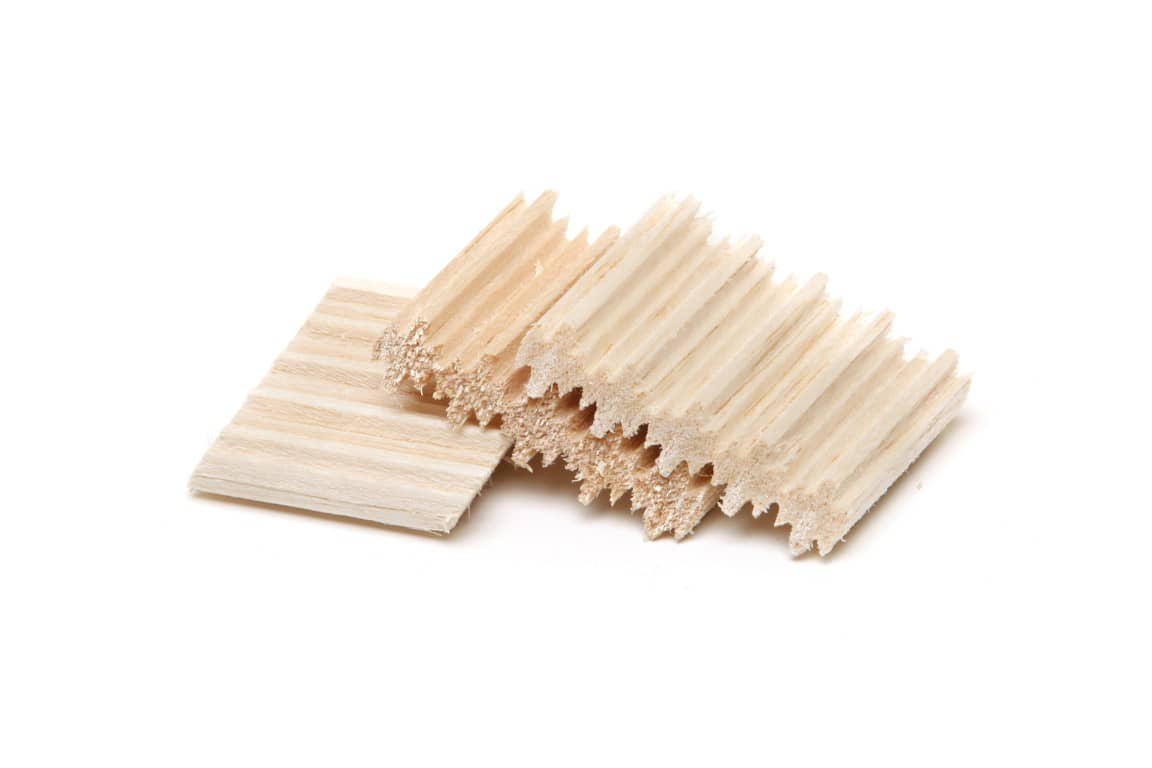Filtered Pipes: Savinelli balsa system
Posted by Matt Vandenburgh on 29th Dec 2020
For the uninitiated, tobacco pipes can be smoked with or without filters. These filters are the source of major debates between pipe smokers. Some love them and use them religiously, others will never touch them. For you, it will all depend on what your experience is and if you enjoyed it and want to repeat that as how you want to smoke. That said, one of the most well known filters out there would be the Savinelli balsa filters.
Founded in 1876 in Italy, Savinelli is one of the largest pipe manufacturers in the world. Their innovation has led to them being renowned for their creativity and high quality pipes. Their pipes use the balsa filters, though many of them also have their signature convertible balsa system, meaning they can be either filtered, or you can acquire a spacer and have them unfiltered.
What does a filter do?

Pipe filters are used to absorb excess tar and nicotine from the tobacco. Obviously, the less of that we have in our bodies, the better it is for us. With balsa filters, there is also the added benefit of cooling and drying the smoke. Using the balsa wood does not alter the flavor of the tobacco, nor does it affect the aroma. This allows smokers to enjoy their tobacco with less risk of tongue bite or having the pipe gurgle.
Why balsa wood?
Balsa wood is a super light weight wood. It is one of the softest woods available, and is able to be cut with ease. Add this to the wood’s absorbent abilities, and you have the perfect filter to absorb moisture, tar, and nicotine. Found in the rainforests of Central and South America, balsa wood comes from a rapidly growing tree that tends to thrive in the areas with a decent space between trees. It is rare to see many of those trees in one area, as their seeds don’t drop like traditional trees. Rather, their seeds are like dandelion seeds and get blown to land in new areas away from the original tree.
Oh and when we say rapidly growing trees, we mean it. It is not uncommon to have a tree reach more than 16 feet tall within a year of growth. They generally reach a maximum height of 100 ft. tall at maturity and are usually harvestable within six to ten years. This fast growth makes them very useful for the forests after events like hurricanes or fires, as they can quickly get high enough to protect the undergrowth and newer seedlings from the hard tropical sun.

For humans though, it is the balsa wood’s light weight that is the biggest benefit. The wood is naturally very porous, as it has very large and thin cells which are filled with water while the tree is alive. This makes the tree only around 40 percent or actual substance, while the rest is air. This water in the cells is why the trees can grow and stay standing in nature, but it is also great for those of us that use these balsa filters, as that porousness allows the wood to absorb much of the moisture, tar, nicotine, and other elements we don’t necessarily want while enjoying our pipes.
Preparing the wood.
For such a light wood, the actual felled tree is quite heavy. This is due to all the water in the cells. The way we get the finished product is from how the wood gets prepared after it is chopped down.
Once the wood is received, it must be dried out before it is ready to be sold. That process is done in a kiln, where the wood spends two weeks carefully drying out. It must be done that carefully because any faster can damage the wood because the water would be removed too fast. When the wood is finished in the kiln, the water content will have gone from 60 percent to just 6. It is also during this time where any bacteria, fungi, or insects in the raw wood will be killed off, so it is essential to have the kiln drying.
Afterwards, the now dry wood will be substantially lighter than before and ready for sale and use.
Shaping and sizing for use.
Now we are getting to the good stuff. Balsa wood is very easy to work with, so easy that power tools are generally unnecessary once you get thin enough. However, it is very easy to damage and deform the wood so when cutting they use the sharpest blades available. This makes precision by the workers very important.

For Savinelli, they shape their filters into two different sizes, six and nine millimeters. These sizes will correspond perfectly with the sizes for your pipes. Once you know what size you need for your pipe, it is easy enough to insert. Simply place the filter into your pipe’s stem, pack your bowl, and enjoy a smooth smoking experience.
Are filters for you?

If you don’t care for filters, that’s perfectly fine. While Savinelli pipes are made with filters in mind, they do offer adapters for them that will give you an unfiltered smoke. Also coming in six and nine millimeter options, these adapters will take the place of the filters and offer you the option to choose how you want to enjoy using your pipes.

